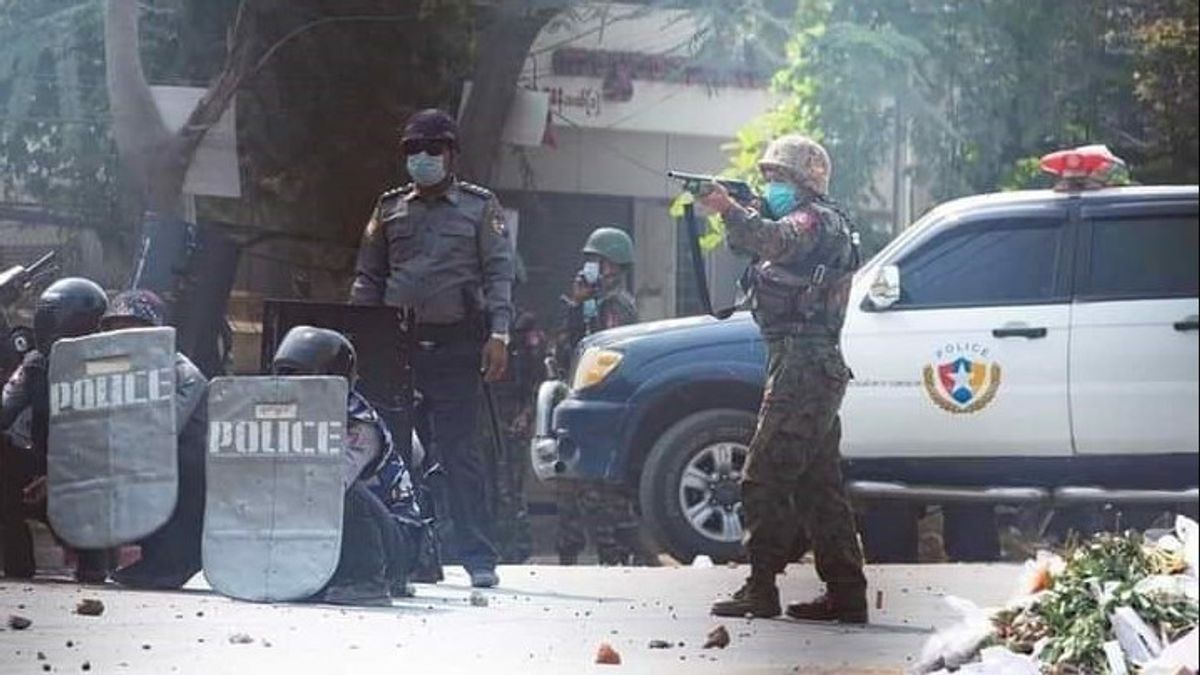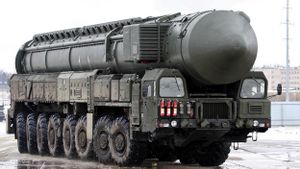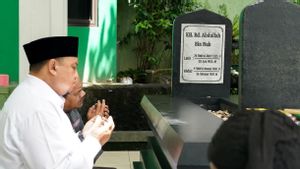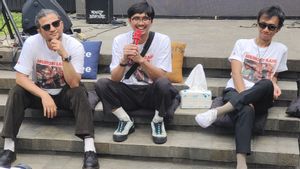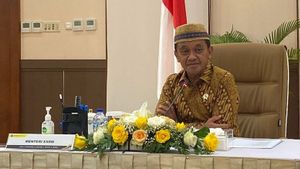JAKARTA - The United Nations High Commissioner for Human Rights (HAM) warned on Friday of the intensity of the violence and condemned the Myanmar military regime's outrageous use of heavy weapons.
To that end, Human Rights Council Chair Michelle Bachelet urged broader diplomatic efforts to put pressure on Myanmar's generals. He considered that the military regime did not show a willingness to implement the five consensus points agreed with ASEAN.
Bachelet, whose request to visit Myanmar in April was rejected, said there were credible reports that in Kayah State, civilians were being used as human shields.
Not only that, soldiers opened fire on homes and churches, forcing more than 108,000 people to flee, with little food, water or sanitation, and humanitarian access blocked, Bachelet continued.
"There does not appear to be any attempt towards de-escalation, but rather an increase in troop levels in key areas, contrary to the commitments the military has made to ASEAN to stop the violence," Bachelet said in a statement.
Bachelet pushed for intensification of diplomacy, including from influential countries, and said dialogue was urgently needed with all political stakeholders, including a shadow government made up of opponents of the military regime.
Two ASEAN envoys visited Myanmar last week and met top junta officials, including Myanmar's military regime leader Senior General Min Aung Hlaing, a trip that has been criticized by pro-democracy groups, who say they are barred from entering.
"The international community needs to unite in its demands that the Tatmadaw stop the outrageous use of heavy artillery against civilians and civilian objects," Bachelet said.
"The military leadership takes full responsibility for this crisis, and must be held accountable," he stressed.
He also said the newly formed civilian force, known as the People's Defense Force, and other armed groups, should take all measures to keep civilians out of harm's way. Bachelet also said she was deeply disturbed by the detentions and reports or torture.
According to the activist group Association of Political Prisoners (AAPP), 5,965 people have been detained since the February 1 coup, of which 4,804 are still in prison or in interrogation centers and under house arrest.
The AAPP also revealed that at least 860 people had died, 22 of them as a result of torture during detention.
The Myanmar Coup. VOI editors continue to monitor the political situation in one of the ASEAN member countries. Civilian casualties continue to fall. Readers can follow news about the Myanmar military coup by tapping this link.
The English, Chinese, Japanese, Arabic, and French versions are automatically generated by the AI. So there may still be inaccuracies in translating, please always see Indonesian as our main language. (system supported by DigitalSiber.id)
